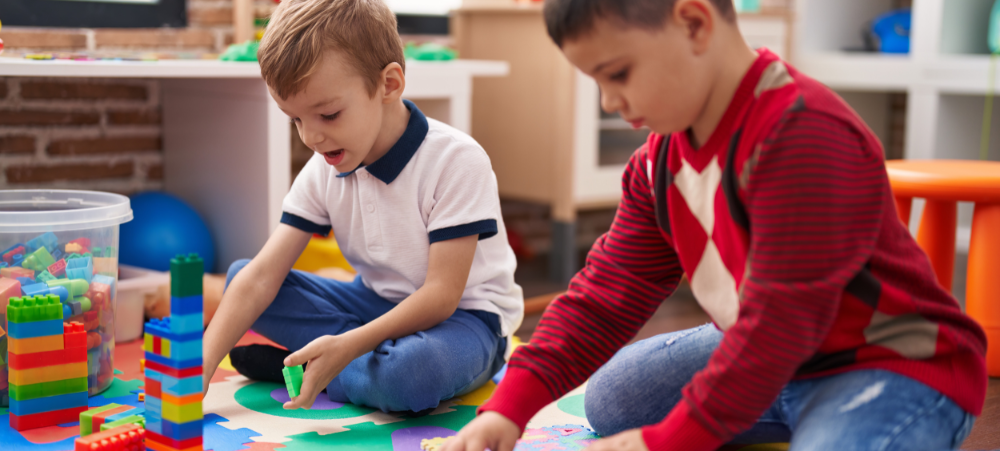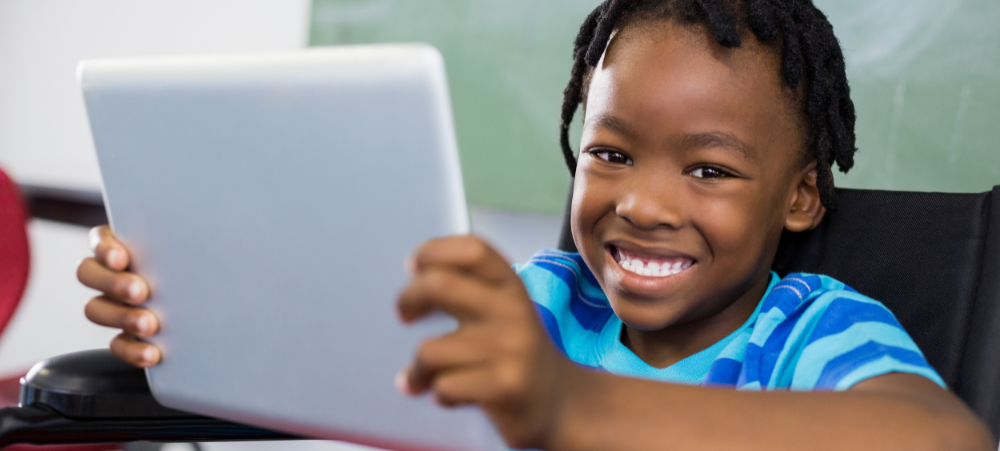One need only look around you to see how young South Africans exemplify the boundless potential of a future in constant flux and change. As educators, it is our duty to create an environment where every child has the opportunity to maximise their unique potential so that they can affect a brighter future for our country.
Ultimately, it is our youth who will shape the future and it is imperative that they are equipped and supported to become positive and responsible contributors to society. Beyond a curriculum-based education, we need to instil values and life skills that will guide moral and accountable decision-making.
In today’s pop culture society, many children are learning false values from the social media platforms that permeate their daily lives, promoting the need for immediate gratification and an intolerance for values such as self-discipline, stickability and hard work. Educators and parents have a shared obligation to equip our youth as they take on adult responsibility We need to provide them with the skills for the jobs of tomorrow and, help them develop, nurture and grow the independence and life skills they will need.
I am always struck by young people’s immense power of creative thought. Their innovative ideas and energy is what is needed to build a better society for us all, and this requires us to provide a space where they can be encouraged to realise their full potential. The next generation will be the most affected when it comes to our global future, we need to start fostering a youth that will think critically and provide ways to design a sustainable society, economy and community that cares for their own generation and those to come.
According to Statistics South Africa, the youth remain vulnerable in our country, with the total number of unemployed young persons standing at 4,7 million (44,3%) in the fourth quarter of 2023. There are numerous reasons for this. However, I believe that one of the most pressing challenges is that they are not adequately equipped with the right skills or values to enter the workplace.
In my experience, one of the most important life-skills is to know how to manage themselves in different environments. Learning environments must best reflect the true diversity of the world, both inside and outside the classroom. Children learn valuable life lessons from atmospheres of collaboration where girls and boys learn to get on. We should be promoting schools whose diversity encompasses a microcosm of the real world, so that once they leave the safety of this environment, they are able to cope with the demands of the world at large.
During their school-going years, a child will develop their own perspective on the world and learn how to respect the individual ways of thinking that each of their fellow students bring to the table. By bringing different perspectives into the mix, we provide young people with valuable opportunities to learn from each other – intellectually, emotionally and socially.
Inviting all kinds of students to work together in the classroom and share in extra-curricular adventures can better prepare a child for long-term goals. This will help in ensuring their future successes in their tertiary education and a well-balanced adulthood.
It is important to recognise that children are born eager to learn and have individual genetic traits. We need to promote an education system that acknowledges that children are unique and have different abilities. It should accept that children learn differently and at different paces, and recognise the concept of a personalised education.
Once a student leaves school, they must start building their own life, make decisions independently, find housing, secure a job, become a fully integrated member of society and fulfil civic duties. This is a great responsibility for any person, and while I think it’s rewarding for many to direct their lives themselves, schools should be there to provide them with the support they need in their formative years to help them become engaged citizens.
Together with parents, we must give them enough information about what it means to become independent. Young people need to learn basic everyday skills, and this can be achieved by ensuring they have a support network and someone to guide and listen to them. By considering their opinions and strengthening their general participation, we can help guide our children to find a career path that is best suited to their individual strengths.
Educational facilities should focus on improving a child’s motivation towards realising their individual mastery and purpose. It is also vital that parents are fully involved with the development of their child, as this has long-term benefits for both child and parent.
This enables children to make the most of learning opportunities. Our role is to build a physical and spiritual environment that allows children to make independent choices, and improve their emotional development.
Promoting independent learning in a child’s earlier years helps us understand how to advocate independence in them. Our teachers can extend and enrich their practices by seeing themselves, the children, the curriculum and society as a whole. Children who show a high degree of independence have higher confidence, self-esteem and motivation. Young people who become gradually conscious of themselves, other genders, cultures and history become aware of their freedom and develop the confidence to manage particular situations later in their lives.
We need to continue to strive toward creating an environment which will nurture independence and promote our children’s well-being. I encourage educators to provide an environment that supports a child’s journey to obtain the freedom they need to ultimately become self-sufficient. I challenge teachers to rethink traditional teaching methods and to give greater emphasis to values that build character and resilience in the children who are entrusted into our care.
By David Clark, Head of School at Bridge House
- Children need to be equipped for life, beyond the classroom - July 12, 2024
- Empowering children : Managing emotional challenges in the classroom - June 12, 2024
- Neurodiversity and change: How schools can support students - April 25, 2024





